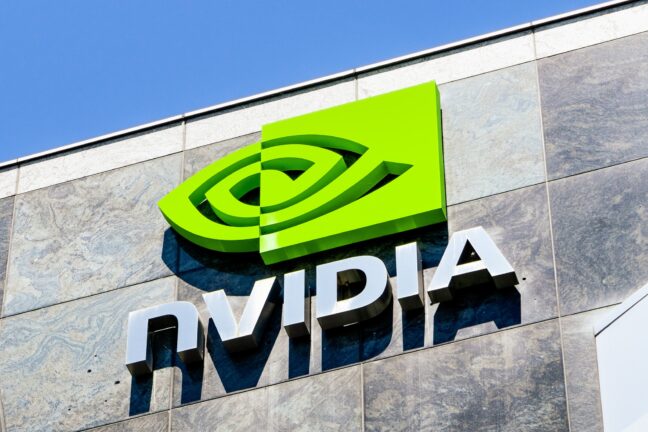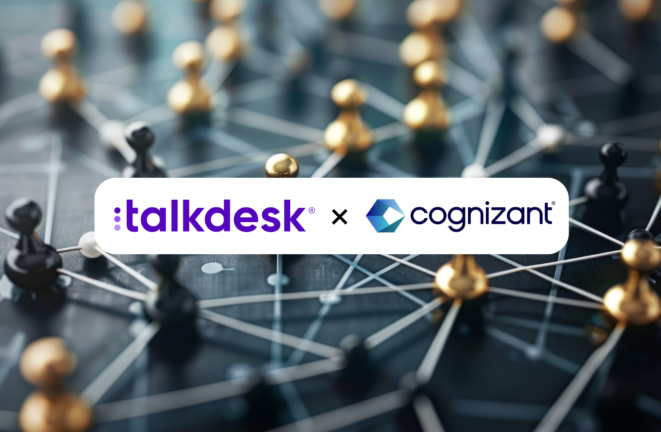Retailers have had generative AI tools at their disposal for over a year now, providing a lot of time to recognize the transformative potential of this technology. According to recent research by Bain & Company, the deployment of gen AI on a large scale is set to significantly enhance productivity across the retail sector, alleviating widespread margin pressures through various cost-saving measures.
"From conversational search to personalized apps, gen AI is reshaping the retail landscape in a way that is going to be even faster and more transformative than the smart phone or the internet. A year into their journey, retailers have enjoyed some early successes. It will be critical for them to scale these use cases, with a focus on ROI, to keep pace with the evolving expectations of shoppers who are rapidly incorporating generative AI into their daily lives," said Mikey Vu, partner in Bain & Company's Retail practice.

Enhancing personalized shopping experiences
A particularly promising application of gen AI is in personalizing customer interactions through AI-driven conversational shopping assistants, improved search capabilities, and tailored shopper recommendations. Bain's research highlights that scaling these applications could boost a retailer's revenue by 5-10%. Consumers show the highest level of trust in AI for personalized shopping suggestions compared to other AI applications.
Automating marketing content creation
Retailers have begun leveraging gen AI to refine and streamline marketing processes with encouraging outcomes. The next significant opportunity lies in integrating these efforts into a comprehensive strategy to automate the production of marketing materials. This includes translating and repurposing content, managing social media, and creating dynamic, personalized landing pages. Bain estimates that these initiatives could enhance marketing productivity by 30-40%.
Enhancing retail operations
Generative AI can also transform retail operations by boosting frontline, warehouse, and headquarters productivity by up to 25%. This includes automating inventory checks, issuing restocking alerts, and providing real-time problem resolution through search assistants.
The initial year of integrating generative AI has prompted retailers to consider its long-term implications. Concerns include the potential dominance of big tech companies in early shopping stages, such as inspiration and curation, and the risk of being outpaced by digital innovators adept at implementing gen AI.
What do retailers need to focus on?
Retailers must be prepared to redesign jobs both at the front line and corporate levels to accommodate ongoing advancements and ensure improvements facilitate future growth.
Successful scaling from experimentation requires making gen AI tools accessible to all employees, not just those in tech roles, while also centralizing AI capabilities to avoid inefficiencies and duplicated efforts.
Moreover, with rapidly evolving best practices in gen AI, retailers must focus on continuously upskilling their workforce, ensuring employees in tech and across the organization keep their skills current.
By addressing these areas, retailers can fully harness the potential of generative AI and maintain a competitive edge in an increasingly AI-driven market.
In other news, Bain & Company and Qualtrics have unveiled plans to broaden their strategic alliance and integrate Bain's customer experience strategies with Qualtrics' advanced artificial intelligence capabilities.









